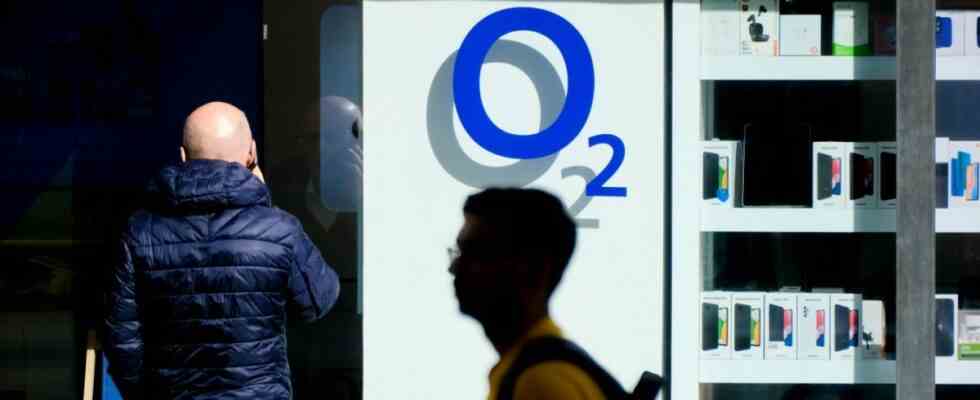The Munich company Telefónica Deutschland O2 wants to increase the tariffs for new customers by around ten percent. That reports the Handelsblatt. The newspaper quotes the head of the company as saying: “More performance at the same price is – unlike in the past – no longer possible.” The reason is increased costs for companies, for example for energy expenditure and network expansion.
According to Telefónica, the increases in O2 and other own brands such as Blau should only apply to new customers, existing customers can remain in their contracts on the same terms. According to a spokesman, Telefónica also wants to adjust the services included in the contracts so that customers get more service for more money. The tariff for a private label, for example, should have around five gigabytes of volume included instead of three, and the speed should increase by 30 percent. The basic price increases from eight to nine euros. Existing customers should be given the opportunity to switch to the new conditions, which can also make sense for consumers if the inclusive volume increases by more than 60 percent.
It is questionable whether the Munich company can completely compensate for the significantly increased expenses with such a tariff adjustment. The current increase may just be the beginning of a series of further adjustments at O2 – and at the competition. There were first signs of this at the end of 2022, when Telekom first increased the prices for bookable daily flat rates by around 16 percent, followed shortly afterwards by Vodafone and O2. Now it’s O2 that’s the first to step out from under cover with a modest price increase in tariffs for new customers.
Vodafone starts index tariffs in Spain
It was foreseeable that mobile phone prices would also rise at some point. At Telefónica, for example, revenue per customer has been around ten euros per customer since 2017, while expenditure is constantly increasing. The high inflation is particularly noticeable in energy costs and expenses for grid expansion. In December, Telekom Germany boss Srini Gopalan said in an interview with the business week from 20 percent higher civil engineering costs. As far as electricity costs are concerned, however, Telekom is better secured with forward transactions until 2024 than many of its competitors, according to Gopalan. At Telefónica, for example, energy expenditure rose to 210 million euros in 2022.
In other EU countries, providers are already further ahead with price increases. This is how the Spanish Telefónica brand Movistar has the prices in January increased by an average of 6.8 percent, for broadband, mobile communications and television tariffs. Vodafone will go even further this month in Spain. From January 22, many tariffs will be increased by around eight percent. CEO Nick Read said in November that Vodafone wants to link its tariffs to national inflation in the future. They should then rise automatically, similar to index rents in Germany. Should be in Spain this index tariff will apply from 2023. It is unclear whether something similar will also happen to Vodafone customers in Germany, Read had said at the time that the plan would take local market conditions into account.

